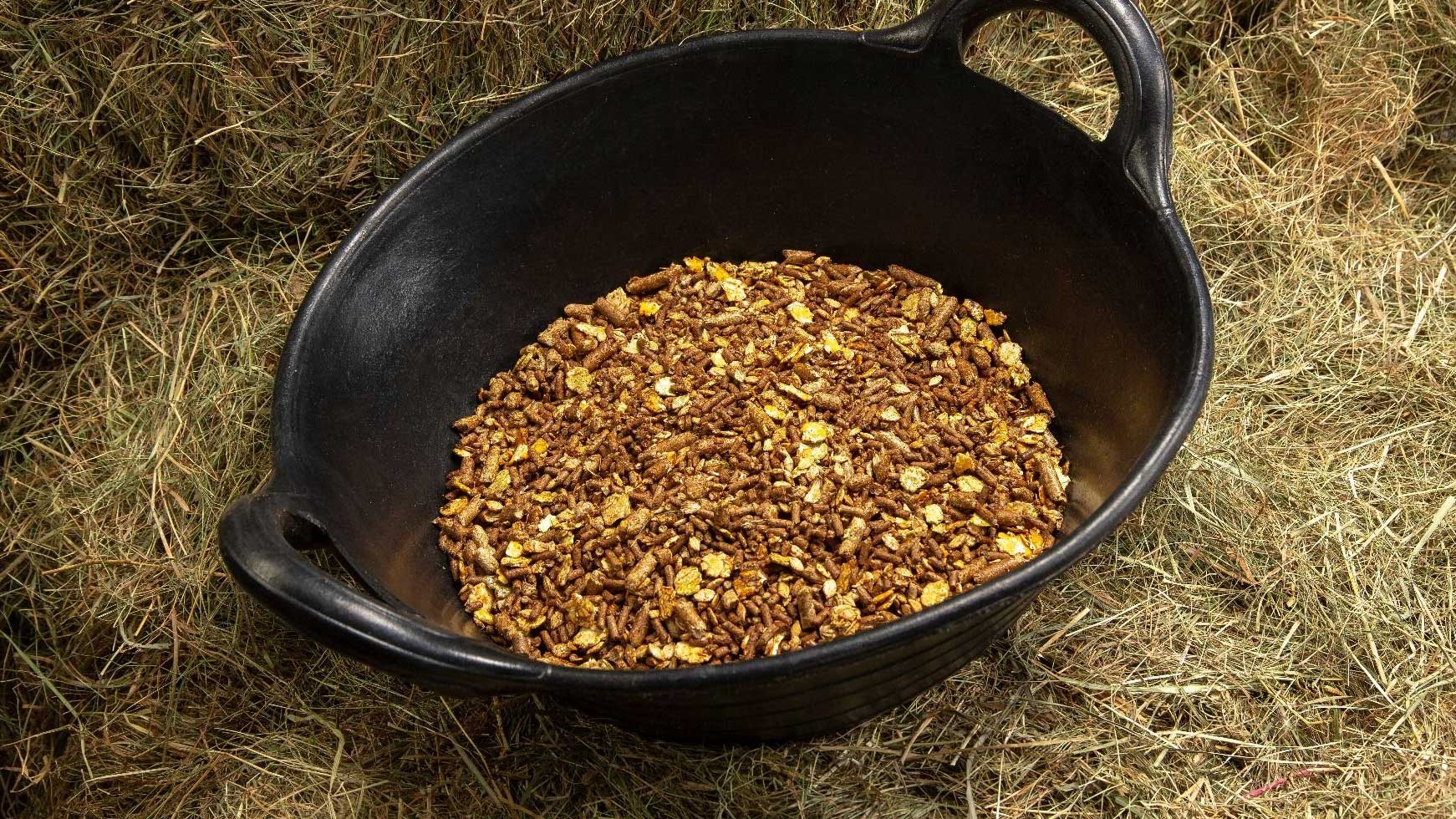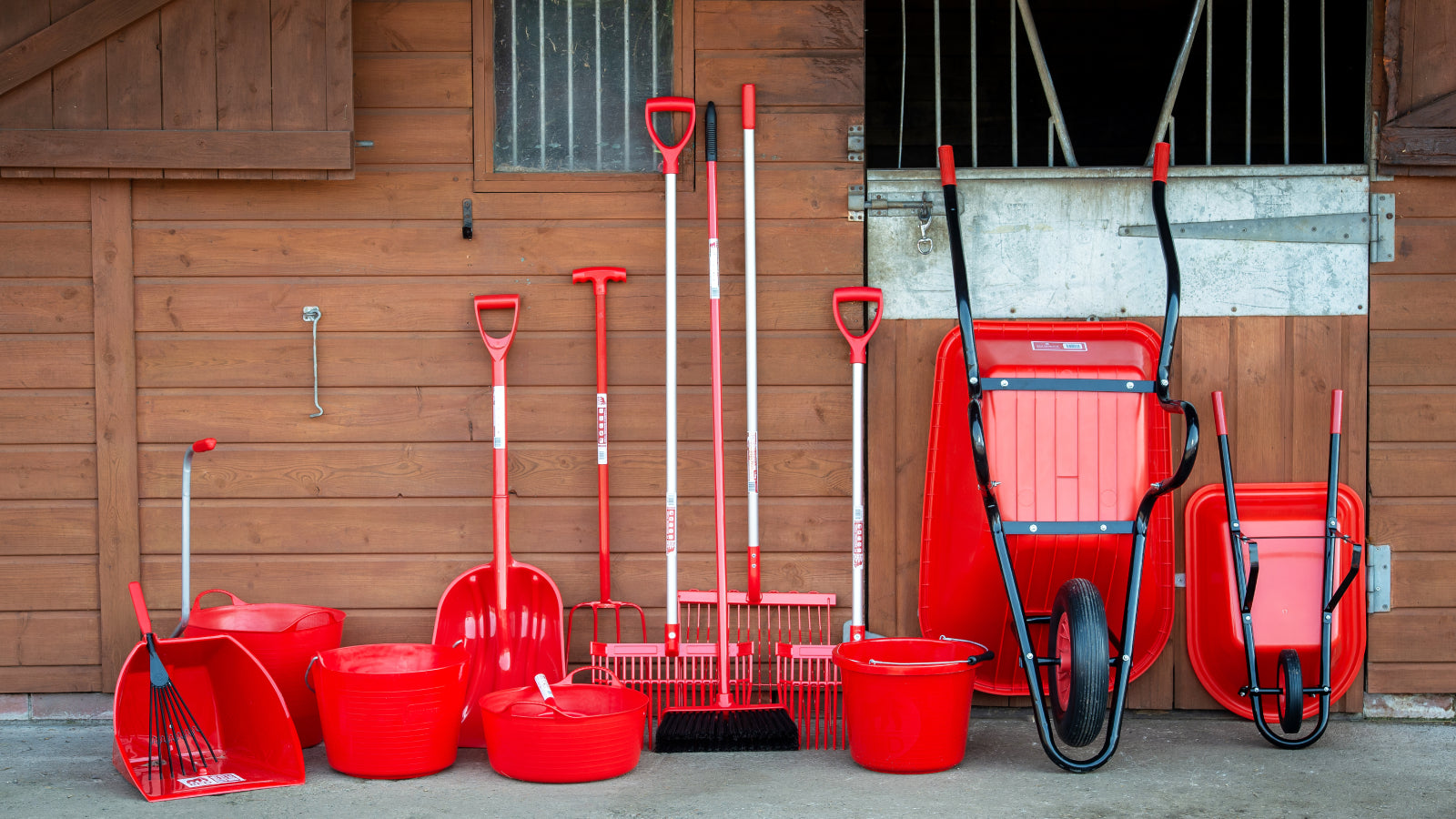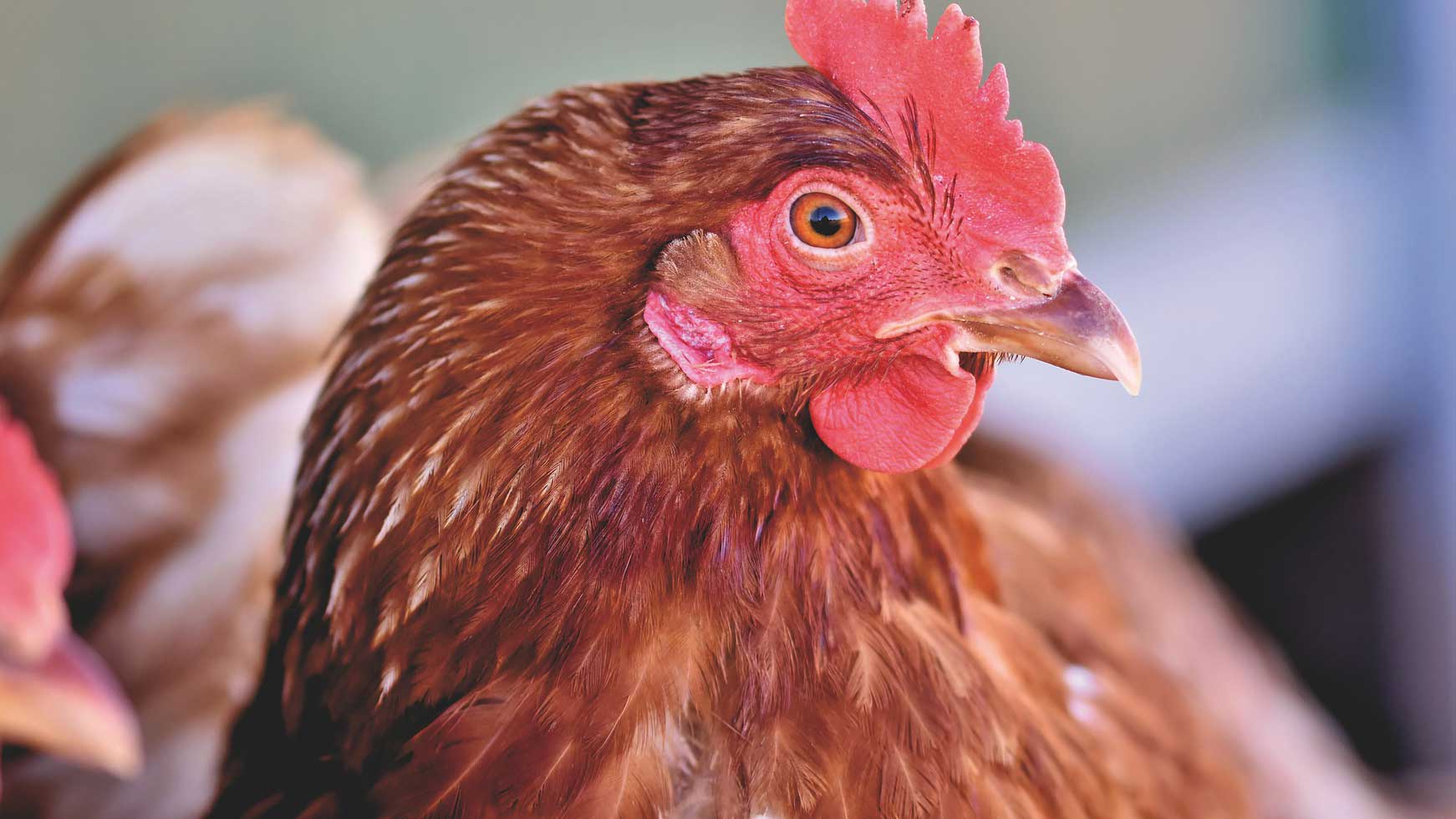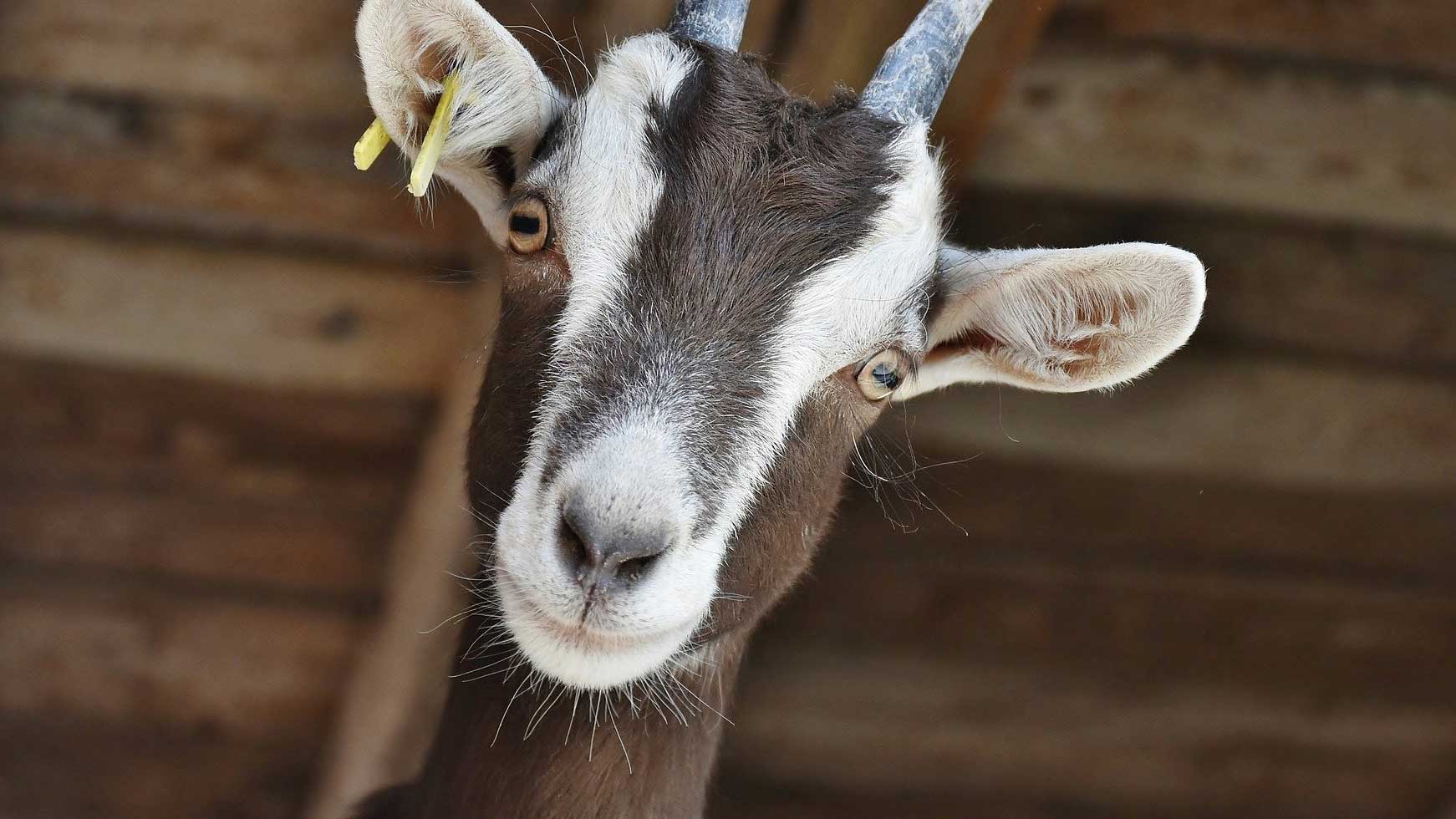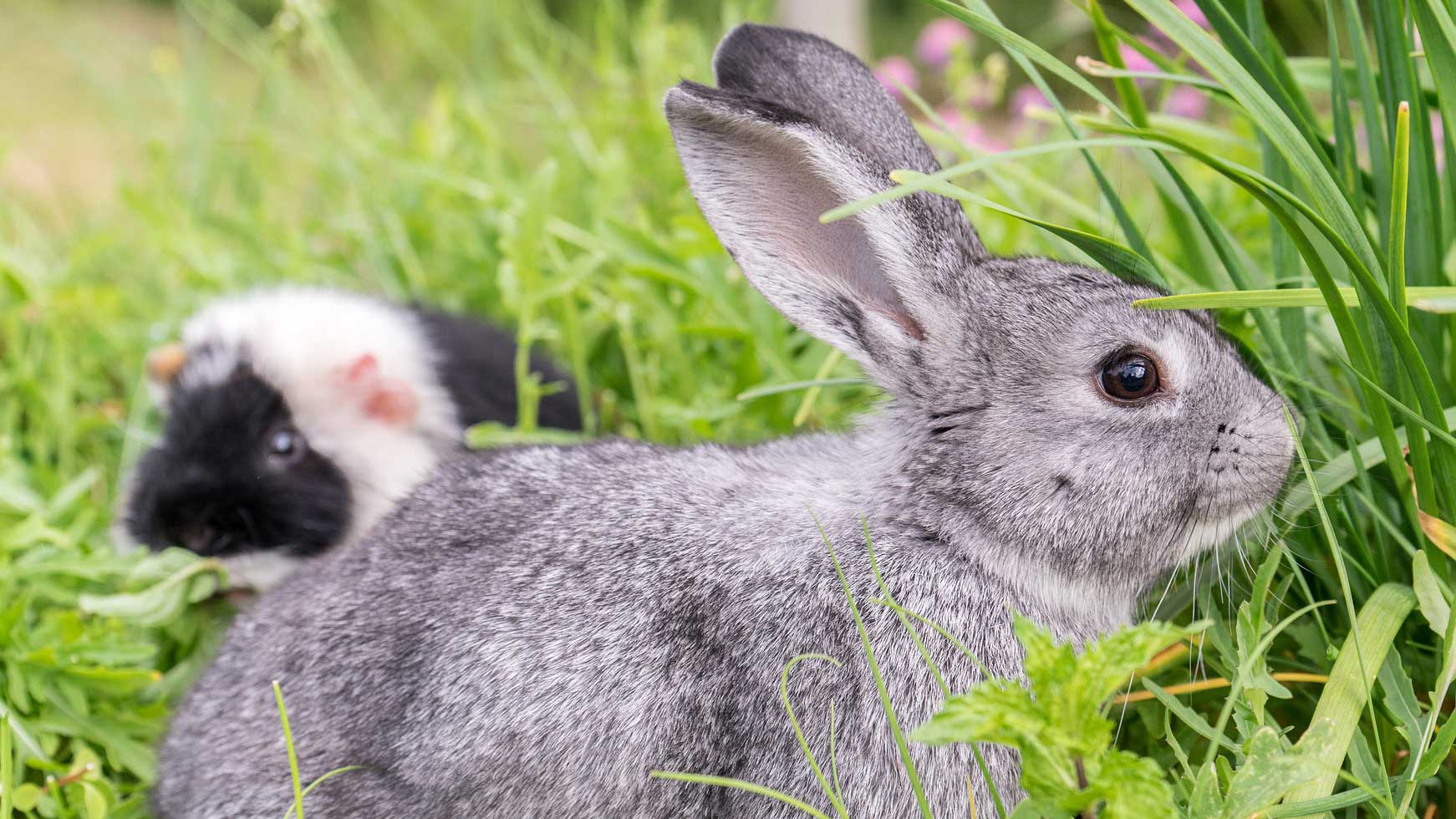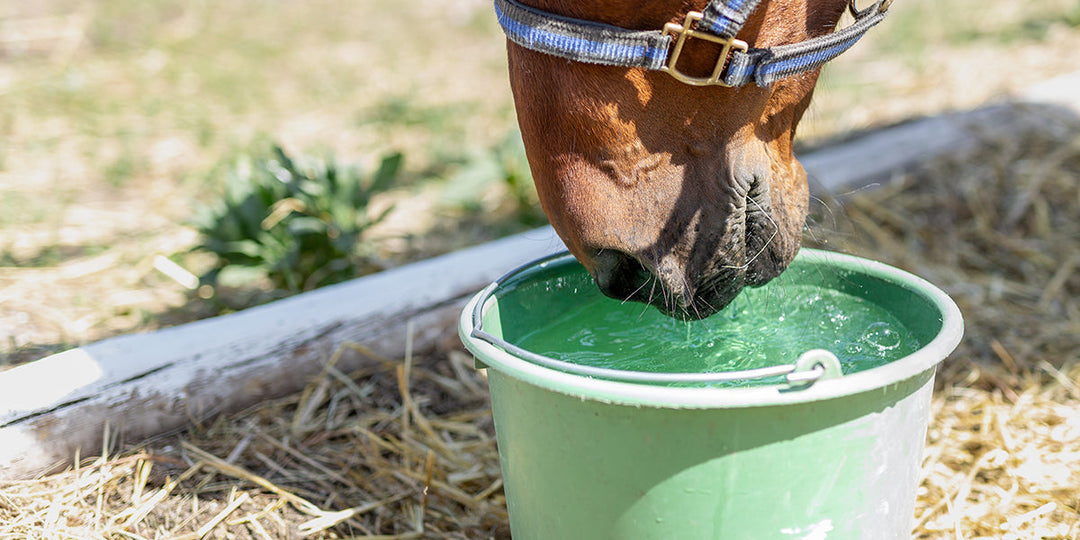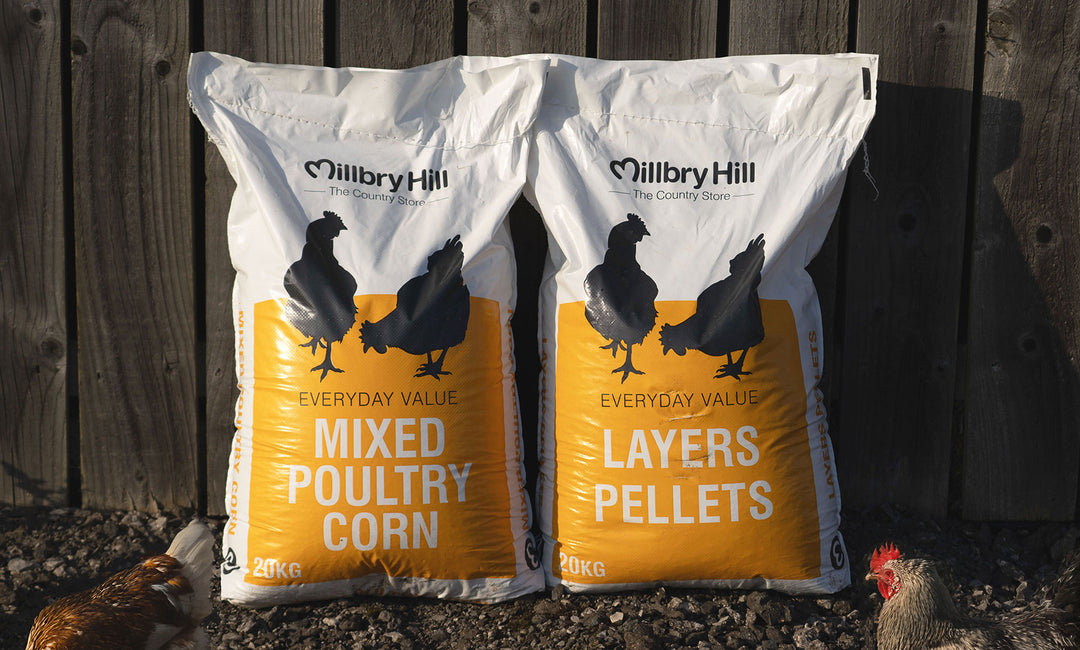A Guide to Horse Supplements: Everything You Need To Know

What are horse supplements?
Horse supplements come in various types, including powders, liquids, pellets and pastes. They are designed to either compensate for nutritional deficiencies in a horse's diet or support specific health conditions, aiding in recovery. Essentially, supplements present an additional source of vitamins or minerals to enhance a horse's overall health and well-being.
Why do horses need supplements?
Generally, horses and ponies on a well-balanced diet of forage and hard feed, following the horse feed manufacturer's recommended rates, do not typically require additional supplements. However, if your horse cannot consume the ideal quantities of hard feed, if your forage lacks key nutrients, or if your horse is under stress from illness or high-level competition, incorporating supplements into the diet can be highly beneficial.
As mentioned, horse supplements are useful when a horse's diet lacks key nutrients or to address specific needs, such as recurring ailments or an intensive exercise regimen. If you're unsure whether your horse would benefit from a feed supplement, consult your vet or hire an equine nutritionist. They can run tests to determine if supplements are necessary. A routine blood test can identify deficiencies and your vet can arrange this if you have concerns.
Horse supplements limitations
It's important to note that feed supplements for horses are not medicines and cannot be used to 'treat' illnesses or conditions. Manufacturers are not permitted to make such claims on their packaging. However, anecdotal evidence suggests that some horses benefit from diet supplementation, similar to how humans take multivitamins - not to cure a cold, but to increase overall nutrient levels and help fend off future illnesses.
Supplements are recommended for horses that engage in significant exercise or compete regularly. However, be aware that some supplements may contain substances banned in competitions under certain governing bodies. It is the rider's responsibility to ensure that any supplements used do not include prohibited substances. Always check the labelling carefully and contact the manufacturer if you have any concerns.
Getting started with horse supplements
Adding supplements to your horse or pony's diet is an investment in their health and well-being. It's important to monitor the effectiveness of this investment to ensure it is having the desired effect. While the benefits of supplements may not be immediately visible, there are ways to determine if your chosen supplement(s) are working effectively.
1. Keep a record
To effectively monitor the impact of your feed supplements, it's integral to document your observations. Regularly update and maintain these records to track changes in behaviour and condition, as subtle daily changes can be easily overlooked. A small diary is an excellent tool for dating and referencing your findings.
For the most accurate results, list everything you feed your horse, including all types of forage, feed and supplements along with the quantities. Pay extra attention to your horse throughout the seasons, noting any changes in attitude, willingness to work, weight, coat condition, hoof health, stiffness and respiratory rates.
Accurate and detailed records will help you quickly identify both the positive and negative effects of the supplements.
2. Make gradual changes
Do not change everything all at once. For the most accurate results, manage both your horse's diet and routine carefully. Introduce changes gradually to better understand their impact and accurately attribute any observed effects to the right variable. Even simple adjustments to the routine can have a significant impact.

3. Get to know your horse
Develop a deep understanding of your horse to recognise subtle changes, whether positive or negative. Pay close attention to your horse's behaviour during work, rest and competition. Look for changes in their attitude, coat condition, hoof quality, movement, behaviour and appetite.
Use your diary to record these observations and identify any patterns over time. The benefits of knowing your horse well extend far beyond nutrition, contributing to their overall health and well-being.
4. Have realistic expectations
It's important to set realistic expectations for what supplements can achieve. An exuberant and excitable sports horse is unlikely to become a quiet hack with the addition of a calming supplement, just as a retired veteran with joint stiffness won't transform into a free-moving athlete on a joint supplement.
Carefully consider your horse's specific challenges and environment and seek advice from professionals if needed. Focus on selecting the right support to address your horse's needs, understanding that supplements can help manage conditions but not perform miracles.
5. Choose your supplement carefully
Selecting the most appropriate and effective supplement for your horse can be challenging given the many options available. Providing the correct balanced nutrition requires attention to detail and careful planning.
First and foremost, ensure your horse is receiving a well-balanced diet before introducing supplements for therapeutic effects. Consider all aspects of their diet, including the quality and quantity of feed and account for environmental factors such as access to forage, fasting periods and daily routines.

Joint supplements for horses
Joint mobility in horses can vary based on breed and age. There are numerous supplements available that contain naturally occurring substances designed to support cartilage production and enhance mobility and flexibility in horses.
- Glucosamine
Glucosamine helps keep joints and cartilage lubricated and stimulates the production of glycosaminoglycans, which are essential for forming joint tissue. As horses age or endure demanding riding disciplines, their bodies may not produce enough glucosamine naturally. This deficiency can lead to cartilage with a reduced capacity to absorb shock, causing joints to become stiff and painful, limiting range of motion and potentially leading to deformation.
- Chondroitin
Chondroitin sulphate enhances the effects of glucosamine and plays a crucial role in cartilage health. As a major component of cartilage, it helps provide structure, retains water and nutrients and facilitates the movement of other molecules through the cartilage. This is vital because cartilage lacks a direct blood supply.
In conditions like osteoarthritis, the loss of chondroitin sulphate accelerates cartilage erosion. It's important to note that when administered as a supplement, chondroitin sulphate's absorption rate can be low due to its large molecular size.
- Sodium Hyaluronic Acid (HA)
Sodium Hyaluronic Acid (HA) is the simplest glycosaminoglycan and serves as the backbone of proteoglycans. It is found in connective tissues and produced by chondrocytes in the synovial membrane. HA plays a large part in maintaining joint health by facilitating the delivery of nutrients to cartilage.
- Methylsulfonylmethane (MSM)
Methylsulfonylmethane (MSM) is a naturally occurring organic sulphur found in grains and grasses. For older horses undergoing strenuous training, a higher concentration of organic sulphur is beneficial. MSM is crucial for the synthesis of amino acids, vitamins and chondroitin sulphates, all of which support joint lubrication. Additionally, MSM provides bioavailable sulphur, which is essential for the health of various tissues throughout the body.

Calming supplements for horses
Anxious horses may exhibit challenging behaviours such as rearing, shying, biting, pulling and barging, making them difficult and potentially dangerous to manage. Understanding that horses can develop undesirable behaviours due to stress and exposure to new situations, it's important to choose a calming supplement that can effectively reduce stress. The ideal supplement should help horses calm down quickly, enabling them to learn and adapt to new situations more effectively.
- Magnesium
While some magnesium calmers may claim to offer a superior source of magnesium, this distinction is often minor. Magnesium deficiency in horses is uncommon, as most diets already provide sufficient magnesium. Additionally, excessive magnesium supplementation can disrupt calcium balance, potentially increasing the risk of orthopaedic issues.
- Calcium
If you're a rider or trainer who believes in the benefits of calcium, you might be surprised to learn that there is no clear evidence linking calcium deficiency to abnormal behaviour or anxiety in horses. When blood calcium levels drop, the parathyroid hormone releases calcium from the bones to maintain balance. Research shows that increasing calcium supplementation often leads to higher calcium excretion in faeces and urine. On the positive side, calcium supplementation at recommended levels is safe and helps maintain strong bones and hooves.
- Tryptophan
Tryptophan is an amino acid commonly found in equine calmers. It serves as a precursor to serotonin, a neurotransmitter linked to aggression, fear, stress and behavioural inhibition in various animal species. However, studies in horses indicate that low doses of tryptophan may actually cause mild excitement rather than calming effects. Higher doses can reduce endurance and potentially lead to hemolytic anaemia (a decrease in red blood cell count). A 2008 Australian study on the behavioural effects of tryptophan concluded that while plasma levels of tryptophan increase with supplementation, these changes do not result in significant behavioural improvements in horses.
- B Vitamins
Many equine calming supplements include B Vitamins, but there is no conclusive evidence from studies on horses demonstrating their effectiveness in altering behaviour. In human research, the US National Library of Medicine has found "insufficient evidence" to support the effectiveness of Vitamin B1 (Thiamine), Vitamin B2 (Riboflavin), Vitamin B3 (Niacin), Vitamin B5 (Pantothenate) or Vitamin B12 in treating stress, anxiety, depression or behavioural disorders.
Vitamin B6 (Pyridoxine) is noted as "possibly effective" for behavioural disorders in children associated with low serotonin levels, such as hyperkinetic cerebral dysfunction syndrome. However, this potential benefit does not directly translate to equine applications. As such, the role of B Vitamins in equine behaviour remains uncertain and further research is needed to determine their impact on horse behaviour.
- Chamomile
Chamomile encompasses several species within the Asteraceae plant family, but there are no studies specifically evaluating its effectiveness as a calming or anti-anxiety agent in horses. A 2013 review in CNS Drugs found some evidence of efficiency for chronic use (i.e. over extended periods) of one particular species of chamomile in treating various anxiety disorders in human clinical trials. However, the dosages of chamomile used in equine calming supplements are rarely specified, making it difficult to correlate these levels with those used in human studies. This is particularly challenging when raw herbs are used instead of standardised extracts.
- Valerian
Valerian, particularly its active compound valerenic acid, is believed to have calming effects based on scientific evidence. Although there are no published studies specifically investigating valerian or its extracts in horses, its calming properties are well-documented in other contexts. Notably, valerenic acid is listed on the FEI Prohibited Substances List, which highlights its restricted use in competitive equestrian sports.
What to consider when buying horse supplements
When selecting supplements for your horse, evaluate several factors to ensure they meet your horse's needs. Consider your horse's weight, level of exercise, age and living environment. Supplements should complement their overall diet, management practices and daily care routine to keep your horse healthy and content all year round.
Moreover, always choose supplements from reputable brands to ensure ingredient traceability and high quality. A trusted brand provides confidence in the safety and effectiveness of the product.
Thanks for reading this guide, if you're shopping around then we at Millbry Hill offer a wide selection of horse supplements, including calmers and general vitamin and mineral supplements from proven brands so that you can easily support your horse's diverse needs.

















